April 14, 2025 | 13:10 GMT +7
April 14, 2025 | 13:10 GMT +7
Hotline: 0913.378.918
April 14, 2025 | 13:10 GMT +7
Hotline: 0913.378.918

Carbon trading floor in Vietnam will officially operate since 2029, under the state management task of the Ministry of Natural Resources and Environment, the Ministry of Finance.
Vietnam's carbon trading floor will commence operations in 2029, with the Ministry of Finance and the Ministry of Natural Resources and Environment responsible for state administration.
The decision was endorsed by Vice Prime Minister Tran Hong Ha on January 24. The Government of Vietnam establishes objectives to develop the carbon market in Vietnam, thereby contributing to the greenhouse gas emission reduction goals outlined in the Nationally Determined Contributions (NDC) at a minimal cost to enterprises and society.
Simultaneously, it aims to create new financial resources for greenhouse gas emission reduction activities, promote green transformation, develop low-emission technologies, and improve the competitiveness of Vietnamese businesses on a domestic and global scale. The plan also advocates for the proactive adaptation to climate change, the development of a low-carbon economy, and the attainment of net-zero emissions by 2050.
The proposal is structured into three distinct phases. The legal framework for trading greenhouse gas emission quotas, carbon credits, and mechanisms for carbon credit exchange and offsetting will be gradually constructed and finalized from now until June 2025. This will ensure the legal foundation for the pilot implementation of a carbon trading platform.
Infrastructure will be developed to facilitate the operation of the carbon market. Additionally, the capacity development of state agencies responsible for managing the carbon market, as well as the increased awareness and preparedness of businesses, organizations, and individuals to participate in the carbon market, will be prioritized.
The government will continue to develop and complete the infrastructure required for the operation of the carbon market in the second phase, which will span from June 2025 to the end of 2028. Concurrently, a pilot domestic carbon trading platform will be operationalized.
Alongside ongoing capacity building for state agencies and the promotion of awareness and preparedness among businesses, organizations, and individuals in anticipation of the carbon market's official introduction, the legal framework for its management and operation will be further refined.
The domestic carbon trading platform will be officially operational from 2029 onward. The government will persist in the refinement of legal regulations and infrastructure for the carbon market, while simultaneously improving the management skills of state agencies and the preparedness of businesses, organizations, and individuals to meet the requirements of this new phase.
Two categories of goods will be traded in the carbon market, as per the proposal. The first is the greenhouse gas emission quotas that are allocated to facilities enumerated in the inventory of greenhouse gas-emitting sectors and facilities. These quotas are issued by the Prime Minister through both free allocation and auction methods.
The second type of carbon credits is those that are certified for market transactions. This includes carbon credits that are generated from programs and projects under domestic carbon credit exchange and offset mechanisms, as per legal regulations, and carbon credits that are obtained from programs and projects under international mechanisms such as the Clean Development Mechanism (CDM), the Joint Crediting Mechanism (JCM), and mechanisms under Article 6 of the Paris Agreement.
In order to arrange the operation of the domestic carbon market, the Ministry of Natural Resources and Environment will assume the lead in coordinating with the Ministry of Finance, the Ministry of Agriculture and Rural Development, the Ministry of Construction, the Ministry of Industry and Trade, the Ministry of Transport, and other pertinent ministries, sectors, and agencies. This will guarantee that its development is not unchecked or spontaneous, thereby preventing the loss of state resources and assets, as well as assuring national security and social order.
The Ministry of Finance, the Ministry of Natural Resources and Environment, and other key ministries, sectors, and agencies will be assigned specific responsibilities for the state's administration of the carbon market, as outlined in legal documents.
In the event that the ministries, sectors, or agencies specified in the proposal are merged, consolidated, or cease operations, the ministries, sectors, or agencies that assume their responsibilities will continue to execute their assigned duties, as detailed in Decision No. 232.
Translated by Linh Linh
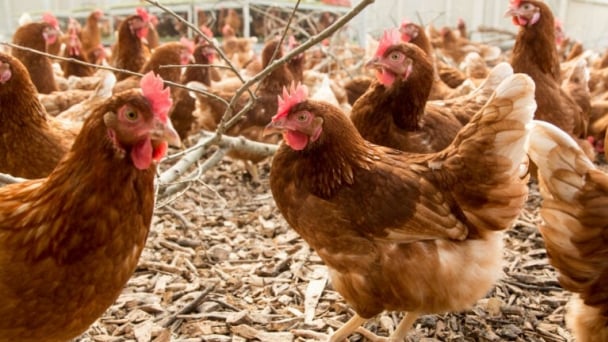
(VAN) The latest Business Benchmark on Farm Animal Welfare (BBFAW) reveals steady progress on farm animal welfare across the global food industry.
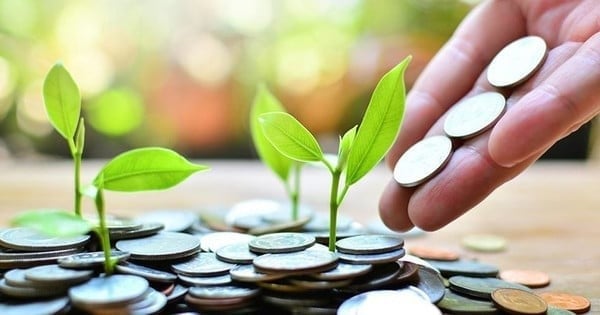
(VAN) Green credit is a financial policy that effectively supports environmentally friendly projects and activities today.
/2025/04/09/1049-2-165919_630.jpg)
(VAN) With a revenue of less than VND 30 billion/year, packaging producers are exempted from EPR liability under Decree No. 05/2025 newly issued.
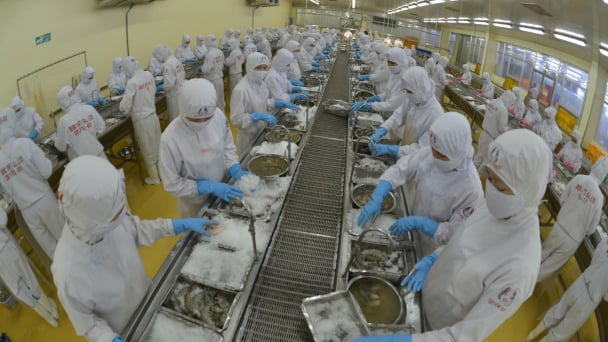
(VAN) Ministry of Agriculture and Environment has issued an Action Plan for sector's development in the coming period, aiming for a growth rate of 4% or higher and an export turnover of USD 65 billion.
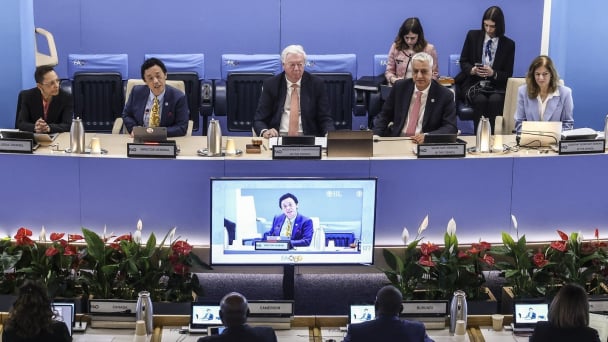
(VAN) The 177th Session of the FAO Council opened on Monday at the Organization’s headquarters in Rome.
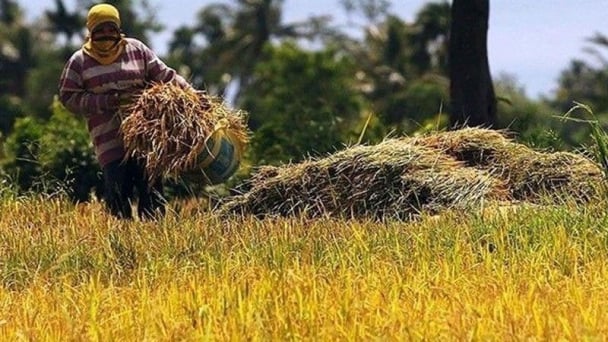
(VAN) In a statement, the Federation of Free Farmers (FFF) said the government must not be complacent over the reciprocal tariffs even if the Philippines will be slapped with the second lowest rate among US trade partners.
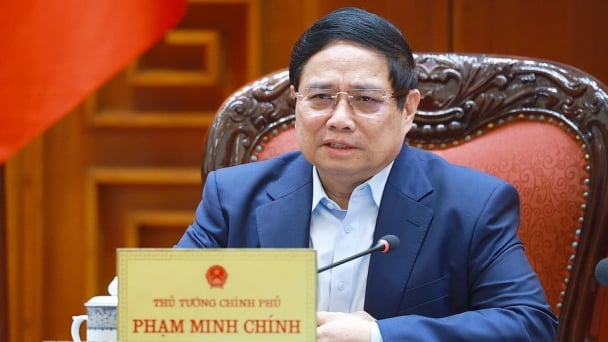
(VAN) On the morning of April 3, Prime Minister Pham Minh Chinh chaired a meeting with ministries following the United States' announcement of new tariff rates on imports from Vietnam.